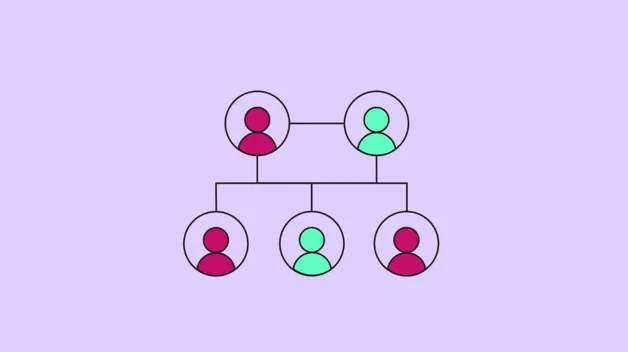

On 4 October, we proudly announced Pankind as a major funder of APRISE - the Australian Pancreatic Cancer High-Risk Screening Program, a groundbreaking national initiative led by the Jreissati Pancreatic Centre at Epworth. With an investment of $500,000 over five years, this program marks a significant step forward in closing the gap between pancreatic cancer risk and treatment access. Ensuring early detection, better outcomes, and a fairer future is within reach for those who need it most.
Director of the Jreissati Pancreatic Centre at Epworth, Professor Andrew Metz, will lead the study as Coordinating Principal Investigator.
This new partnership with Pankind is vital to try and improve early pancreatic cancer detection, improve treatment outcomes and, most importantly, save lives,”
It also enables Australia's participation in the global Pancreatic Cancer Early Detection (PRECEDE) study – an international collaboration with a Consortium based at UC San Diego.
- Professor Andrew Metz, Director of the Jreissati Pancreatic Centre at Epworth
Why this matters
Pancreatic cancer is the third-leading cause of cancer death in Australia, with survival rates that have barely improved over 15 years. One of the most powerful ways we can change that is by detecting the disease earlier, when more treatment options are available.
Around 10% of pancreatic cancers are hereditary. Yet until now, there has been no coordinated national pathway for people at increased inherited risk to access early screening. APRISE changes that.
Our commitment to this program is part of the Pankind Early Detection Initiative. Surveillance of high-risk individuals is an important area of focus and it complements our previous investment in earlier detection of pancreatic cancer. We are deeply proud to fund this landmark study and help ensure that those most at risk are closely monitored.
- Michelle Stewart, Pankind CEO
APRISE: A world first for Australia
APRISE will create a national registry of people at high risk of developing pancreatic cancer due to family or genetic factors. Those eligible will receive regular surveillance through MRI or endoscopic ultrasound, providing the best chance of catching cancer early, before symptoms appear.
The program is already active across leading hospitals in VIC, NSW, QLD, ACT, SA, WA and TAS. It also connects Australia to the global PRECEDE consortium, placing us at the forefront of international research in early detection.
Helping Australians understand their risk
To support participation in the study, we’ve launched the Family History Checker, to help Australians understand their risk. Our Family history checker is a free, 3-minute online tool that helps individuals understand their inherited risk of pancreatic cancer.
Anyone who may be at increased risk is connected with screening programs like APRISE, or further support.
This simple but powerful tool is designed to help close the gap between research and real-world access. It removes complexity, empowers families, and could be the first step toward lifesaving action.
When people understand their risk, they’re better equipped to act. That’s what this is about. Shifting from late-stage diagnosis to early detection, from uncertainty to empowerment
- Michelle Stewart, Pankind CEO

Check your family risk
By answering a few quick questions about your family history, we can check your family risk of developing pancreatic cancer.
Our Family History Checker is a free, online tool that helps individuals identify inherited risk factors and, where appropriate, connect with screening programs like APRISE. It’s a simple but powerful tool, designed to help close the gap between research and real-world access.


